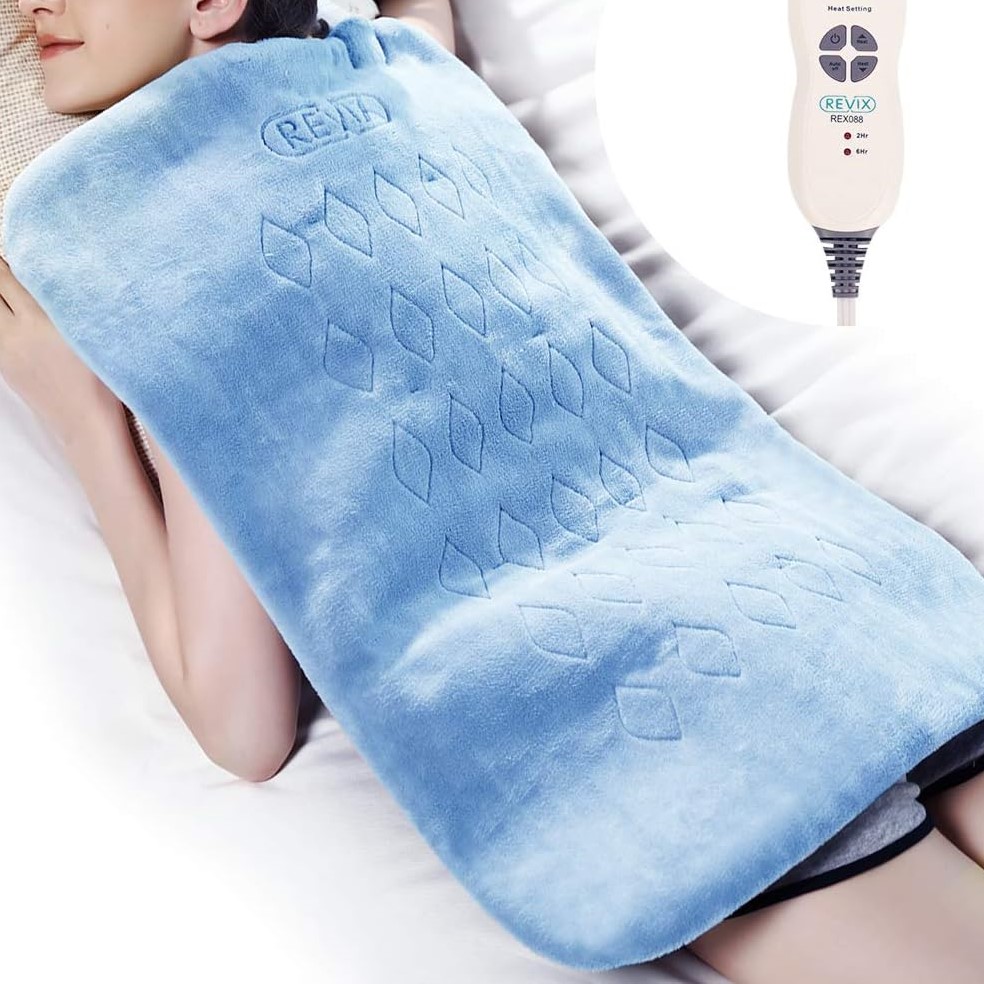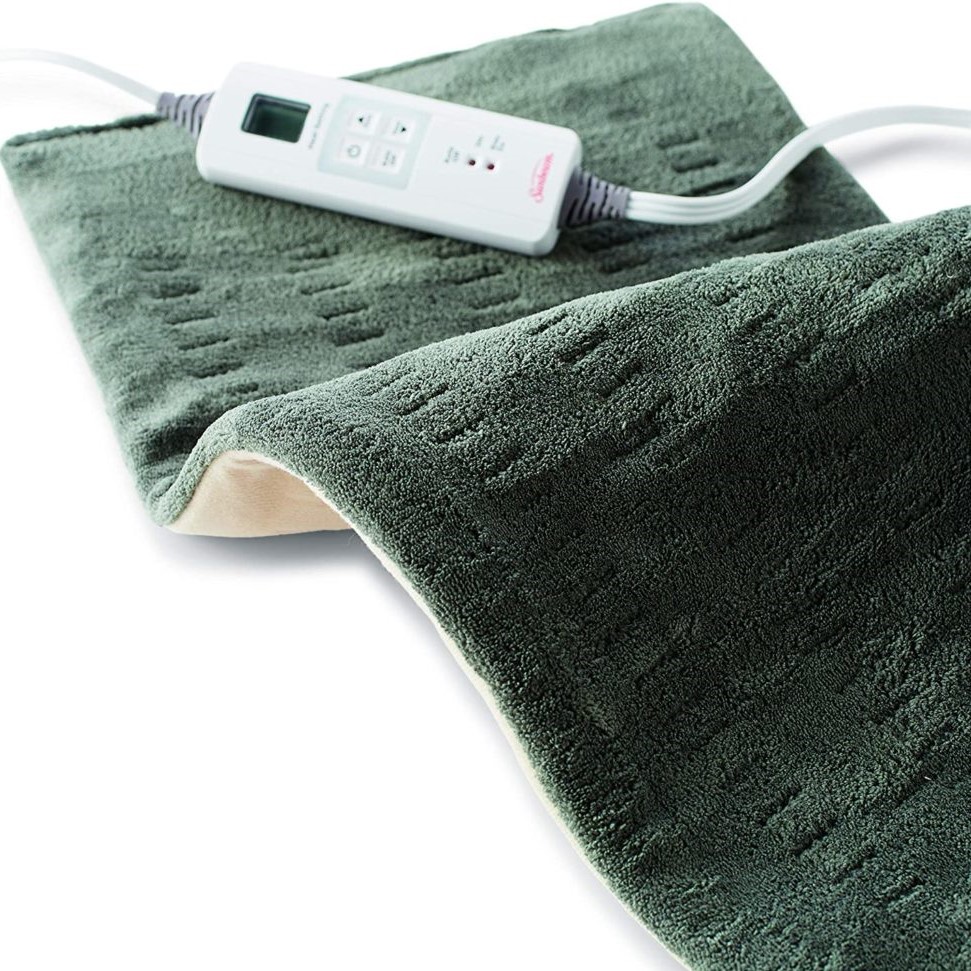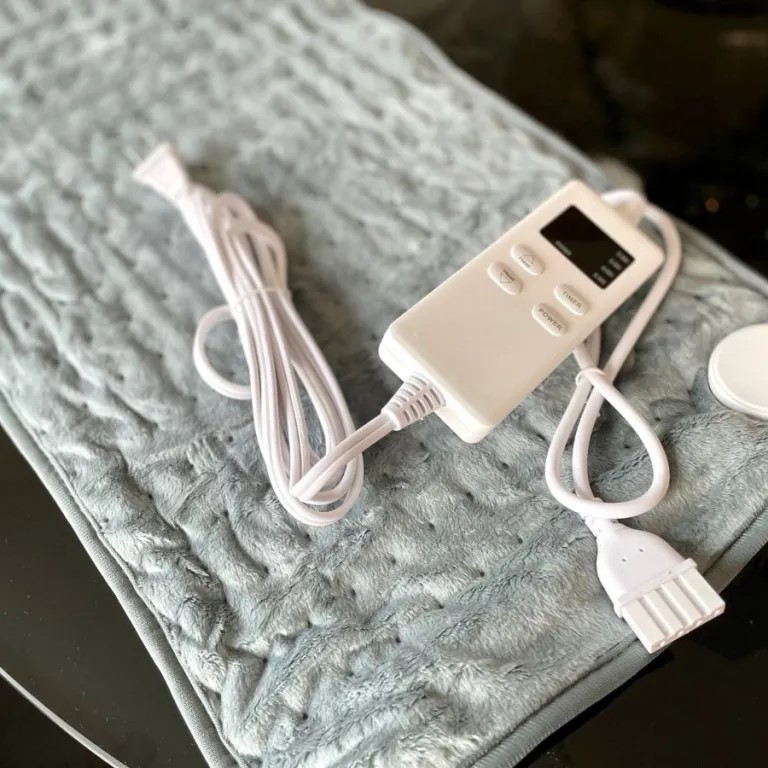Can I Sleep with a Heating Pad On? Exploring the Risks
Using a heating pad can be incredibly soothing, especially when dealing with muscle aches, menstrual cramps, or other types of discomfort. However, many individuals ponder the safety and practicality of using a heating pad while they sleep. In this article, we will explore the considerations, benefits, and potential risks associated with sleeping with a heating pad on, providing you with a thorough understanding to make an informed decision.
Understanding Heating Pads and Their Uses
What Is a Heating Pad?
A heating pad is an electrical device designed to provide warmth to specific areas of the body. Typically, it consists of a padded fabric cover with a heating element inside, often adjustable to control the temperature. Heating pads are commonly used to alleviate pain, improve blood circulation, and relax muscles.
Common Uses of Heating Pads
Heating pads serve various purposes, including:
- Pain Relief: Alleviates chronic pain, muscle soreness, and joint stiffness.
- Menstrual Cramps: Provides comfort during menstruation by relaxing uterine muscles.
- Injury Recovery: Aids in the healing process of sprains, strains, and other soft tissue injuries.
- Stress Reduction: Promotes relaxation and reduces stress by soothing tense muscles.
Benefits of Using Heating Pads
Enhanced Pain Management
One of the primary benefits of using a heating pad is effective pain management. Heat therapy increases blood flow to the affected area, which helps reduce pain and promote healing. By relaxing tight muscles, heating pads can significantly alleviate discomfort.
Improved Sleep Quality
Using a heating pad before bedtime can enhance sleep quality. The warmth helps relax the body, making it easier to fall asleep and stay asleep. Additionally, the soothing effect can reduce nighttime awakenings caused by discomfort.
Versatility and Convenience
Heating pads are versatile and convenient tools for managing various conditions. They are portable, easy to use, and come in different sizes and shapes to accommodate different body parts. This versatility makes them a popular choice for both home and travel use.
Potential Risks of Sleeping with a Heating Pad On
Overheating and Burns
One of the significant risks associated with using a heating pad, especially overnight, is the potential for overheating and burns. Prolonged exposure to high temperatures can cause skin damage and, in severe cases, burns. It is crucial to use heating pads with temperature controls and follow manufacturer guidelines to prevent such accidents.
Fire Hazard
While rare, there is a fire risk associated with electrical heating pads, particularly if they are old, damaged, or improperly used. To minimize this risk, ensure that your heating pad is in good working condition, does not have exposed wires, and is used according to the instructions.
Dependency and Masking Underlying Issues
Relying heavily on heating pads for pain management can sometimes mask underlying health issues. If you find yourself needing to use a heating pad frequently or for extended periods, it may indicate a need for a medical evaluation to address the root cause of the pain.
Safety Guidelines for Using Heating Pads Overnight
Choose the Right Heating Pad
Selecting a high-quality heating pad is essential for safety. Look for pads with automatic shut-off features, adjustable temperature settings, and overheat protection. These features help prevent accidents and ensure that the pad operates safely throughout the night.
Set a Timer or Use a Pad with Auto Shut-Off
To avoid prolonged exposure to heat, use heating pads with built-in timers or auto shut-off functions. Setting a timer ensures that the pad turns off after a specific period, reducing the risk of overheating and burns while you sleep.
Avoid Direct Contact with Skin
When using a heating pad, place a cloth or towel between the pad and your skin. This barrier helps prevent burns and ensures that the heat is distributed evenly, providing safe and effective relief.
Monitor for Signs of Overheating
Be aware of any signs that the heating pad may be overheating, such as unusual smells, scorching sounds, or excessive heat. If you notice any of these signs, turn off the pad immediately and discontinue use.
Do Not Use While Sleeping
While some heating pads are designed for extended use, it is generally recommended to avoid using them while sleeping. The risk of overheating, burns, and other safety hazards increases when using heating pads overnight. Instead, use them for a limited time before bed to relax and relieve discomfort.
Alternatives to Heating Pads for Overnight Use
Electric Blankets
Electric blankets provide consistent warmth and can be safely used while sleeping. They often come with adjustable heat settings and automatic shut-off features, making them a safer alternative for overnight use compared to traditional heating pads.
Warmers and Hot Water Bottles
Hot water bottles and other hotters are non-electric alternatives that can provide warmth throughout the night. They are generally considered safe for extended use, provided they are used correctly and kept away from direct skin contact to prevent burns.
Infrared Heating Devices
Infrared heating devices offer deep tissue warmth and can be a safer option for those seeking prolonged heat therapy. These devices often have built-in safety features and can be used in place of traditional heating pads for overnight comfort.
When to Avoid Using a Heating Pad
Certain Medical Conditions
Individuals with specific medical conditions, such as diabetes or vascular diseases, should consult a healthcare professional before using a heating pad. These conditions can impair sensation and increase the risk of burns or other complications.
During Pregnancy
Pregnant women should exercise caution when using heating pads, especially during the first trimester. Excessive heat can pose risks to the developing fetus. It is advisable to consult a healthcare provider before using heat therapy during pregnancy.
Open Wounds or Infections
Avoid using heating pads on areas with open wounds, infections, or areas prone to skin irritation. Heat can exacerbate these conditions and impede the healing process.
Expert Opinions on Sleeping with Heating Pads
Recommendations from Health Professionals
Many health professionals advise against using heating pads overnight due to the associated risks. Instead, they recommend using them for short periods while awake to manage pain and discomfort effectively. Always follow the guidance of your healthcare provider regarding heat therapy.
Research Findings
Studies on the use of heating pads during sleep highlight the potential hazards, including burns and fire risks. Researchers emphasize the importance of using heating devices safely and being aware of the manufacturer’s instructions to minimize dangers.
Best Practices for Safe Use of Heating Pads
Read the Instructions Carefully
Always read and follow the manufacturer’s instructions for your specific heating pad model. Understanding how to operate the device safely is crucial for preventing accidents and ensuring effective use.
Inspect Regularly for Damage
Before each use, inspect your heating pad for signs of wear and tear, such as frayed wires or damaged plugs. Do not use a heating pad that shows any signs of damage, as it can pose safety risks.
Use on a Flat Surface
When using a heating pad, place it on a flat, stable surface to prevent it from slipping or bunching up, which can cause uneven heating and increase the risk of burns.
Keep Away from Water
Avoid using heating pads near water sources, such as in the bathroom or kitchen areas. Water exposure can damage the device and increase the risk of electrical shock.
Practical Tips for Managing Nighttime Discomfort Without a Heating Pad
Stretching and Relaxation Techniques
Incorporating stretching and relaxation exercises into your bedtime routine can help alleviate muscle tension and discomfort, reducing the need for heat therapy during sleep.
Maintaining a Comfortable Sleep Environment
Ensure your bedroom is conducive to restful sleep by keeping it at a comfortable temperature, using supportive pillows, and maintaining a regular sleep schedule.
Using Supportive Bedding
Opt for supportive mattresses and pillows that can help maintain proper body alignment and reduce discomfort, minimizing the necessity for additional heat sources.
Frequently Asked Questions
Is It Safe to Use a Heating Pad While Sleeping?
Generally, it is not recommended to use a heating pad while sleeping due to the risks of overheating, burns, and electrical hazards. Instead, use heating pads for short periods while awake to manage discomfort safely.
How Long Can I Use a Heating Pad at Night?
If you choose to use a heating pad before bed, limit the duration to no more than 20-30 minutes. This approach helps prevent overheating and reduces the risk of skin damage.
What Are the Alternatives to Heating Pads for Nighttime Use?
Alternatives include electric blankets, hot water bottles, and infrared heating devices, which often come with safety features suitable for overnight use.
Can I Use a Heating Pad for Chronic Pain?
Heating pads can be beneficial for managing chronic pain, but it is essential to use them safely and consult with a healthcare professional to address the underlying causes of the pain.
What Should I Do If I Experience Burns from a Heating Pad?
If you experience burns from a heating pad, immediately remove the source of heat and cool the affected area with cold water. Seek medical attention if the burn is severe or does not improve with first aid measures.
 Conclusion: Weighing the Pros and Cons
Conclusion: Weighing the Pros and Cons
Ultimately, the decision of whether to sleep with a heating pad on lies in the balance of comfort and safety. While heating pads can provide significant benefits when used appropriately, the potential risks cannot be overlooked. By following the recommended guidelines and considering alternative methods, you can safely enjoy the therapeutic effects of heat without sacrificing safety or comfort.
Thus, if you’re still wondering, “can I sleep with a heating pad on?” it heavily depends on your individual circumstances, the degree of pain or discomfort you experience, and how well you follow safety protocols. Considering the recommended practices can help you make an informed choice.

